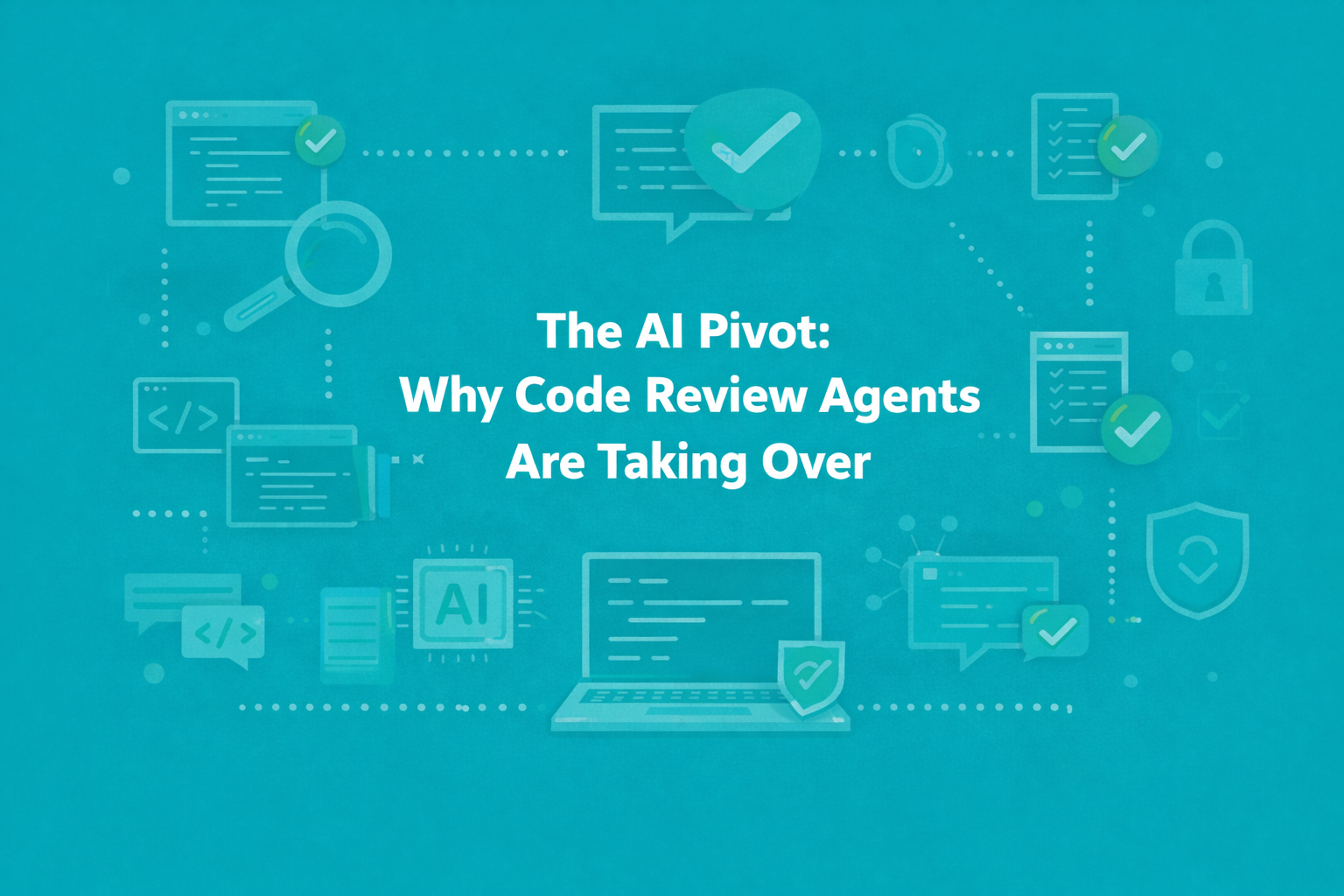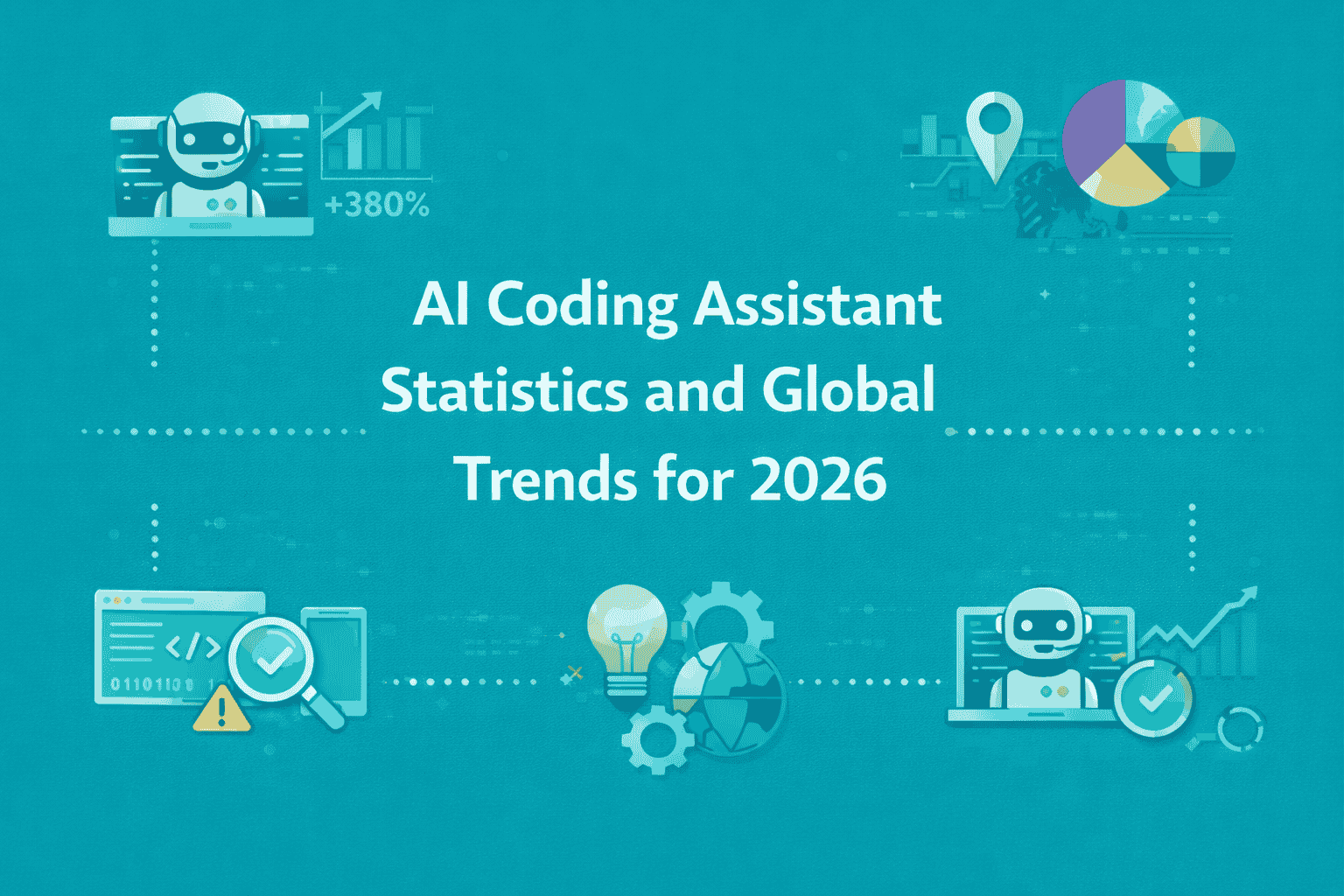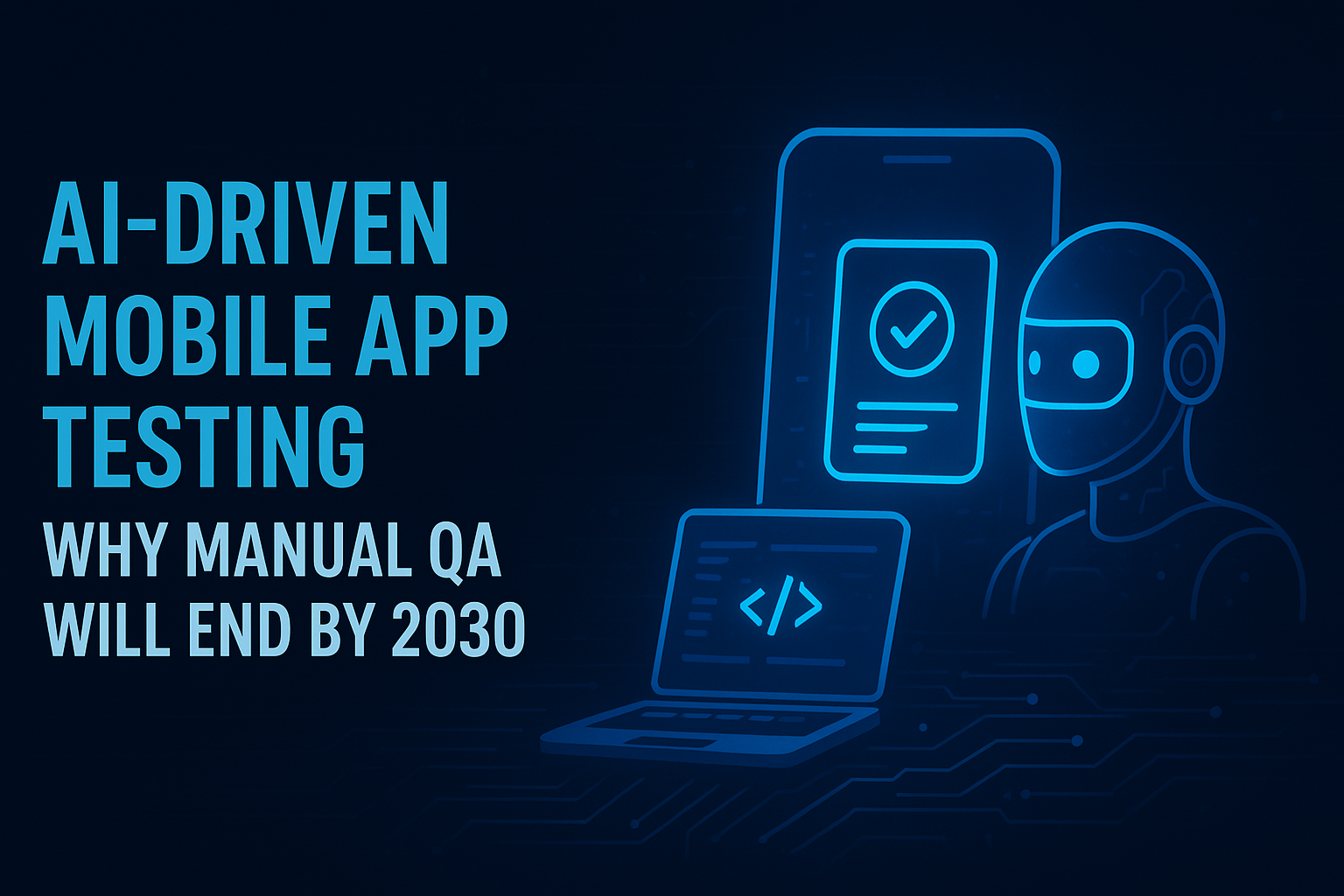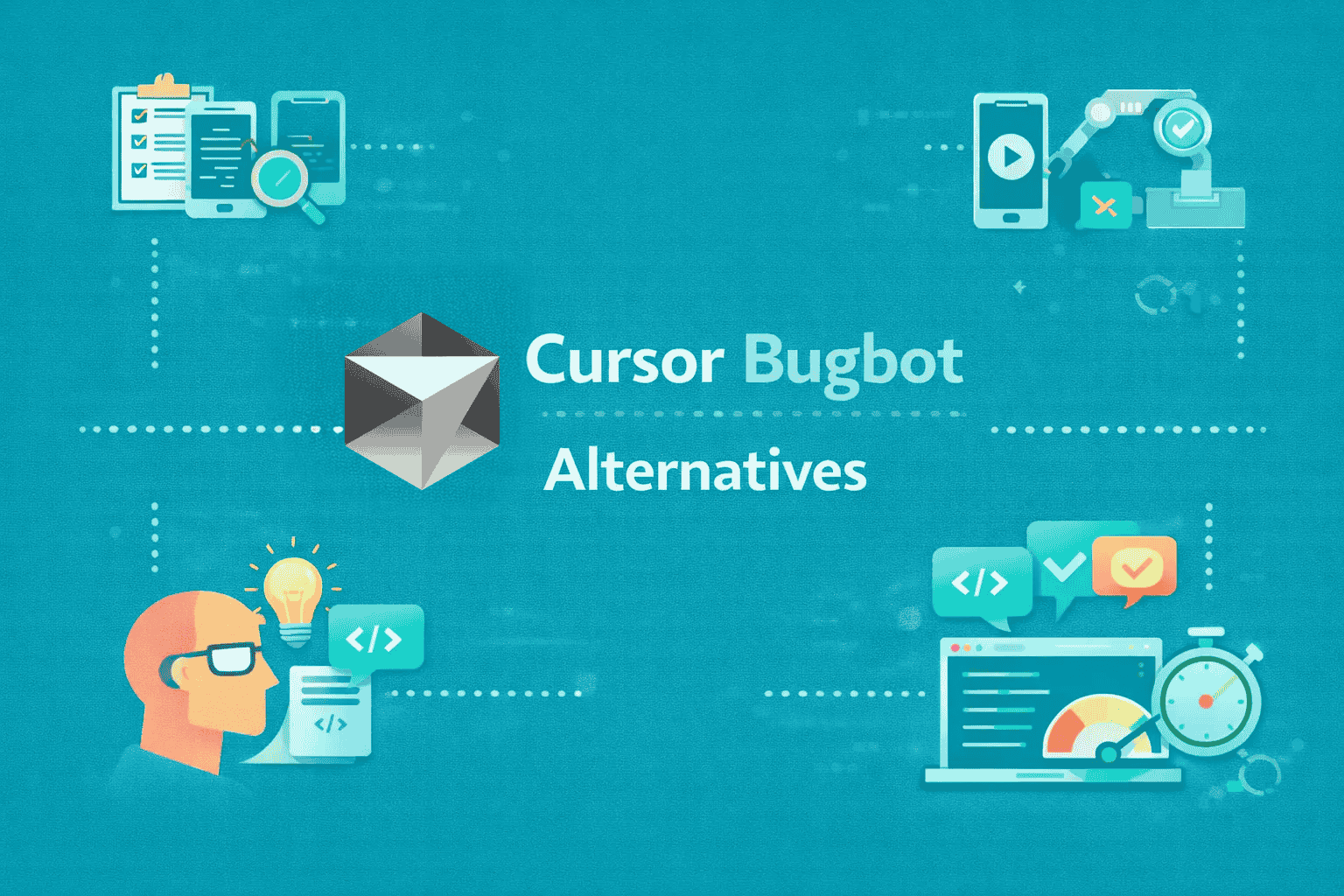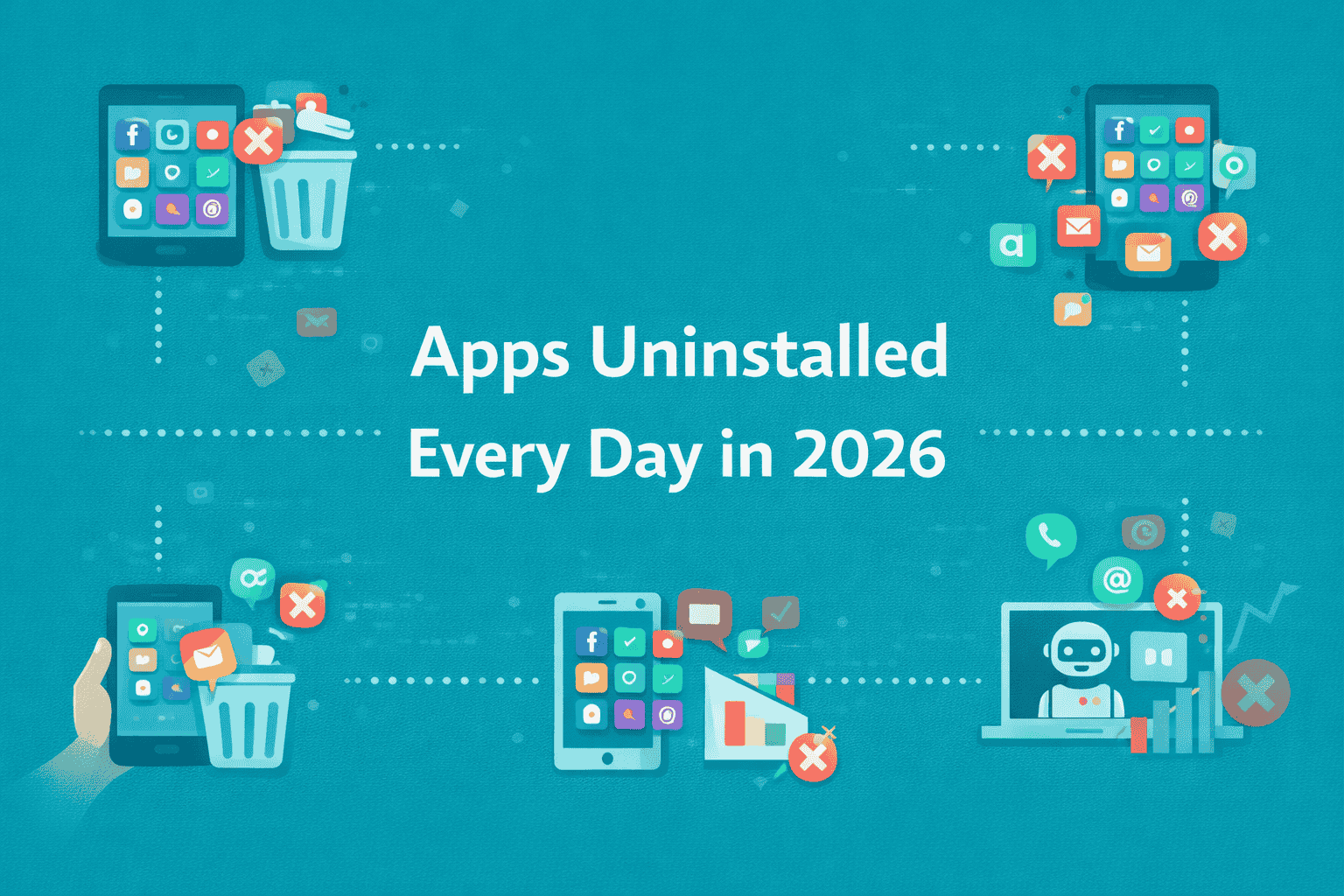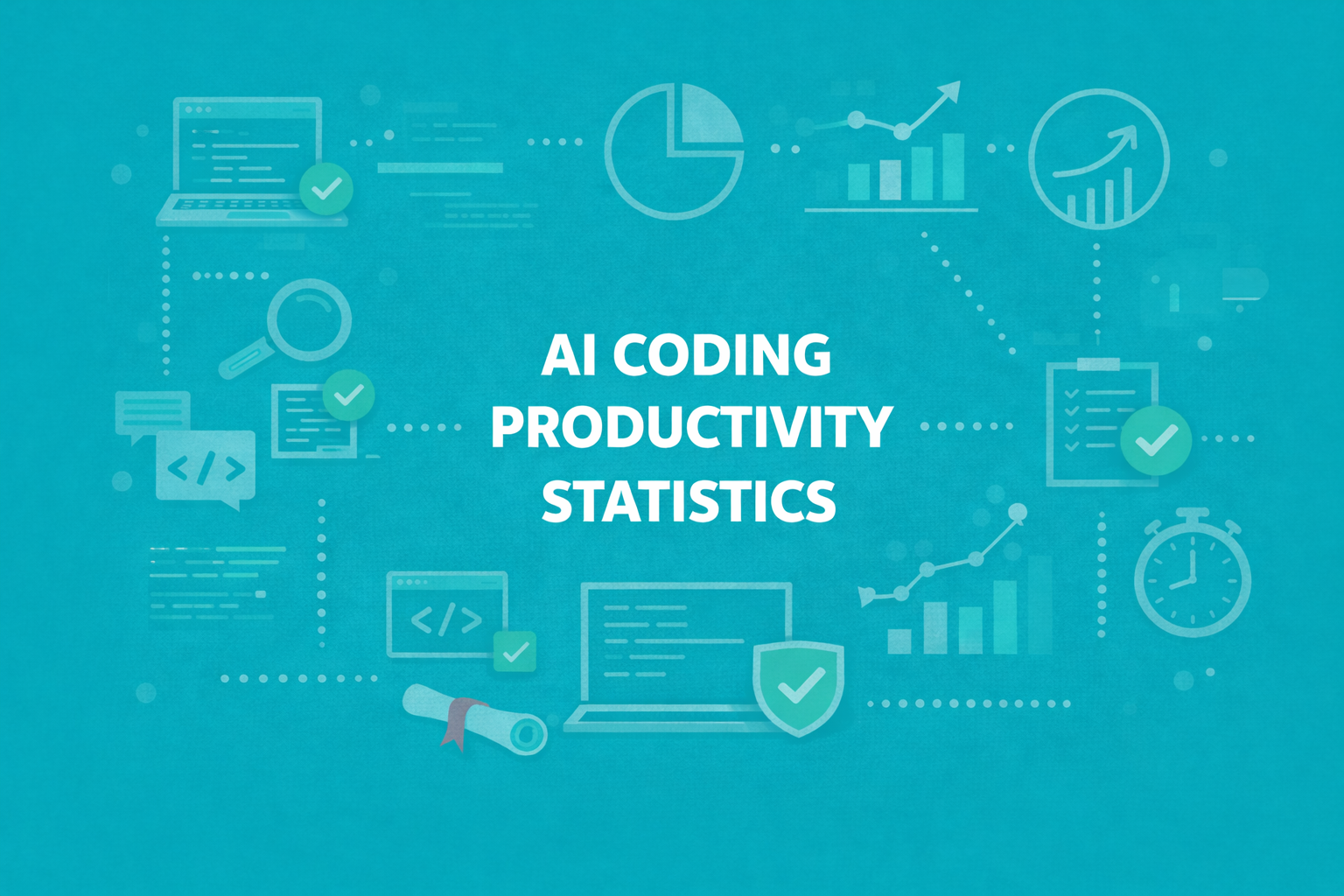
Pavankumar kamat
About the author
Startup builder and product leader.
Co-founder of Panto AI, building tools that help developers code better and ship faster.
Formerly led product at Setu, where he built India’s first domain-specific LLM for financial services and industry-first solutions in identity verification and payments.
Subscribe to our newsletter


